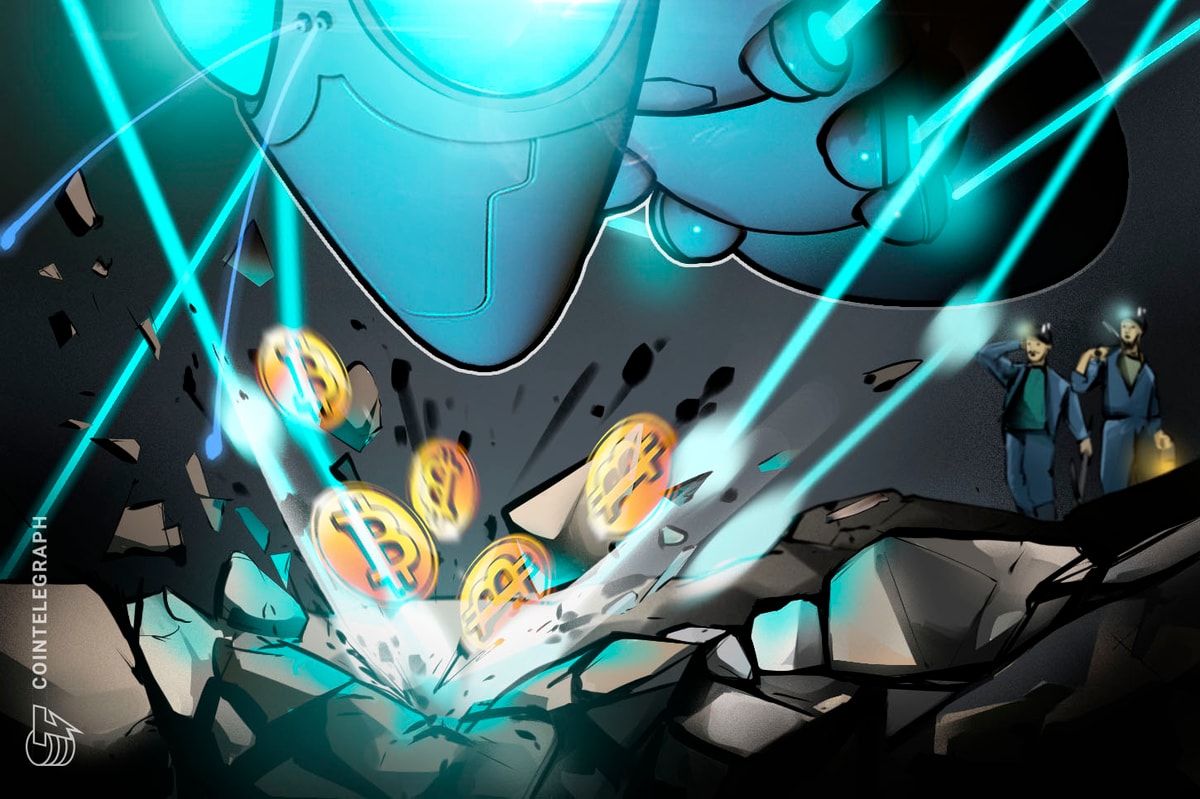TLDR
- BTQ and Bonsol Labs achieve the first NIST-approved post-quantum verification on Solana.
- The CRYSTALS-Dilithium algorithm enables secure and scalable quantum-safe verification.
- Solana integrates advanced PQC without reducing speed or transaction performance.
- The breakthrough prepares blockchain systems for the coming quantum computing era.
BTQ Technologies has partnered with Bonsol Labs to accomplish a landmark in blockchain security. It has completed the first NIST-standardized post-quantum cryptography (PQC) signature verification on the Solana network.
The achievement marks a critical advancement in preparing blockchain systems for the quantum computing era, where traditional encryption methods could face obsolescence.
The collaboration focused on implementing CRYSTALS-Dilithium, one of the signature schemes selected by the U.S. National Institute of Standards and Technology (NIST) for post-quantum standardization.
This success demonstrates how Solana’s high-performance infrastructure can support advanced cryptographic protocols designed to safeguard transactions against future quantum threats.
Besides technical validation, the milestone underscores growing urgency across Web3 to future-proof digital assets and smart contracts against potential cryptographic risks.
Quantum-Resistant Verification on Solana
Bonsol Labs’ engineers integrated the Dilithium signature verification directly on Solana, testing its performance in a live environment. According to BTQ, the tests proved that quantum-secure verification can operate efficiently without compromising Solana’s speed or scalability, two of its defining strengths.
The integration positions Solana as a leading blockchain for next-generation cryptographic research. It also sets the groundwork for developers to experiment with hybrid verification systems that combine traditional and post-quantum cryptography for layered protection.
BTQ’s research team emphasized that achieving on-chain verification at this scale is a crucial step toward PQC-ready infrastructure. As quantum computing advances, blockchains must migrate from elliptic-curve-based systems to quantum-resistant frameworks.
Strengthening Blockchain’s Long-Term Security
The collaboration between BTQ and Bonsol Labs aligns with Solana’s broader efforts to enhance protocol security and attract enterprise-level adoption. By testing standardized PQC algorithms directly on a live network, both firms provide tangible proof that scalable, post-quantum systems are feasible today.
This achievement could inspire other blockchain projects to begin transitioning early, rather than waiting until quantum computing reaches maturity. Moreover, it highlights the importance of industry collaboration in achieving cryptographic resilience across decentralized systems.
The announcement follows NIST’s recent selection of four PQC algorithms for standardization, marking a pivotal moment for cybersecurity across both public and private sectors. BTQ’s work effectively bridges that federal-level standardization with blockchain implementation, accelerating the ecosystem’s readiness for the next phase of computing.

 14 hours ago
2
14 hours ago
2









 English (US) ·
English (US) ·